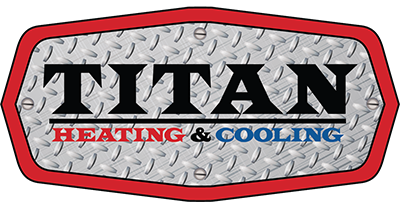
How Is The Air You Breathe Impacting Your Health?
When we consider the quality of the air we breathe, we tend to think of outdoor air pollution, but we don’t often think about pollution in the air inside our homes. But in many cases, indoor air can be just as polluted, if not more so, than the air outside. Poor indoor air quality can cause or contribute to an array of health problems – some minor, others much more serious. Let’s take a look at how the air you breathe could be impacting your health.
What Causes Poor Indoor Air Quality?
Many things can cause the air in your home to become polluted:
- Dust
- Mold
- Mildew
- Smoke from cigarettes or cooking
- Fumes from carpet and furniture
- Bacteria or viruses
- Pet dander
- Cleaning products
- Air fresheners and more can all diminish the quality of the air you breathe. All of your day-to-day activities ultimately contribute in one way or another to the air quality in your home. Additionally, improper ventilation and high humidity can increase the concentration of pollutants in the air, further contributing to the problem.
Health Effects Associated With Poor Air Quality
The effects of exposure to poor indoor air quality vary depending on many factors, including the type and concentration of pollution in the air, the sensitivity level of each person, and the length of exposure to the pollutant. If you have symptoms at home but they diminish or disappear when you leave, it’s possible you are experiencing the effects of poor air quality. Some of the health effects that polluted indoor air contributes to are:
Immediate effects:
- Irritation of the eyes, nose, throat, or skin
- Headaches
- Dizziness
- Fatigue
- Shortness of breath or mild asthma
Long-Term Effects:
- Respiratory disease
- Rapid heartbeat or heart disease
- Nausea or vomiting
- Worsening asthma symptoms
- Lung cancer These long-term effects can happen in cases where you are exposed to particularly harmful pollutants (such as radon or ozone) or to a high concentration of less harmful pollutants for an extended period of time, and you may not notice more severe symptoms for many years. Also, some people are more sensitive to pollutants than others, so all family members may not experience the same symptoms.
How to Improve Indoor Air Quality
There are a number of ways to improve the quality of the air in your home, ranging from simple things you can try on your own to bigger changes that require help from a professional. Opening up the windows for ventilation, opting for cleaning and personal care products that produce less toxic fumes, running a dehumidifier on humid days, changing your air filter regularly, and having your HVAC system professionally cleaned can significantly improve your indoor air quality. For an even greater improvement in your home’s air quality, consider installing a whole-house ventilation system or adding an air purifier to an existing system.
Product Spotlight: BreatheCLEAN Air Purifier
Here at Titan we recommend the BreatheCLEAN Total Home Air Purifier for the ultimate in indoor air purification. BreatheCLEAN uses the power of pure ultraviolet light to kill airborne microorganisms such as germs, bacteria and mold. It easily installs into the existing ductwork of your home’s central ventilation system and continually cleans the air as it circulates. No competing model offers more effective purification for your home, and the BreatheCLEAN system costs less than you’d think.
If you’re ready to improve the quality of your indoor air with an air purifier, upgraded air filter, new dehumidifier, or professional HVAC cleaning, Titan Heating & Cooling has what you need. Give us a call at 651.714.8931 or contact us here.


